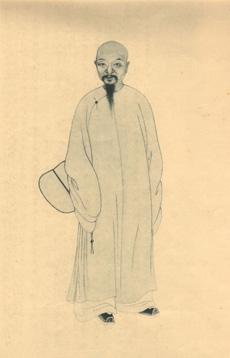The notorious European preoccupation with the origins of language and linguistic diversity has commonly been ascribed to the rejection of the Genesis master narrative. Within the Judeo-Christian traditions, it led to an increasing urge to reinstate a creative power behind language, during a period when God became otherwise moribund (and eventually died), but when none of the antique concepts of "nature" or of a linguistically autonomous homo faber were felt fully adequate to fill in the metaphysical chasm he had left behind.
Absent this background and its political reverberations in the European nation states, questions about the origin of language—albeit occasionally touched upon by premodern scholars—never received any sustained interest in China before the Late Imperial period. The present project aims to trace the major developments leading from Dai Tong's (fl. 1241–1275) emphatic assertion of the primacy of the spoken over the written through views on language origins, teleology, and regularity of sound change encountered in the paratexts of the major Qing evidential research scholars, down to the first "Theory on the Origin of Language" by Zhang Taiyan (1868–1936). Special attention will be paid to early "universalist" conceptions of innateness of speech, as found among lesser known Qing philologists such as Liu Xianting (1649–1695), Pan Lei (1646–1708), and Huang Chengji (1771–1842).

Pan Lei (1646-1708)
Project
(2014)
Late Imperial Chinese Theories on the Origins of Language
- Wolfgang Behr
